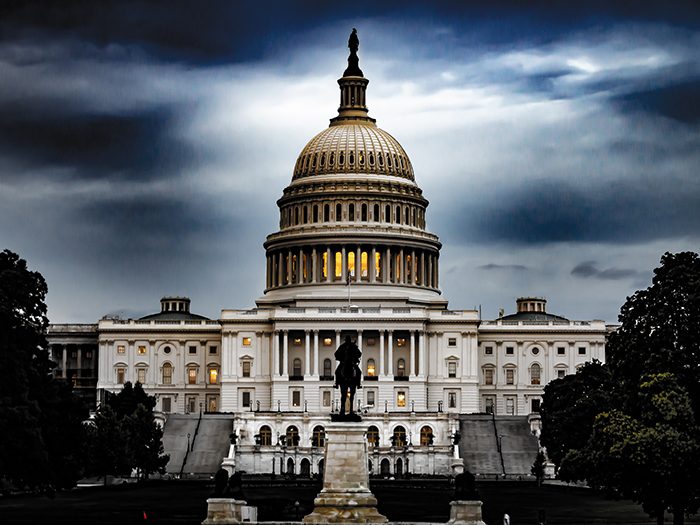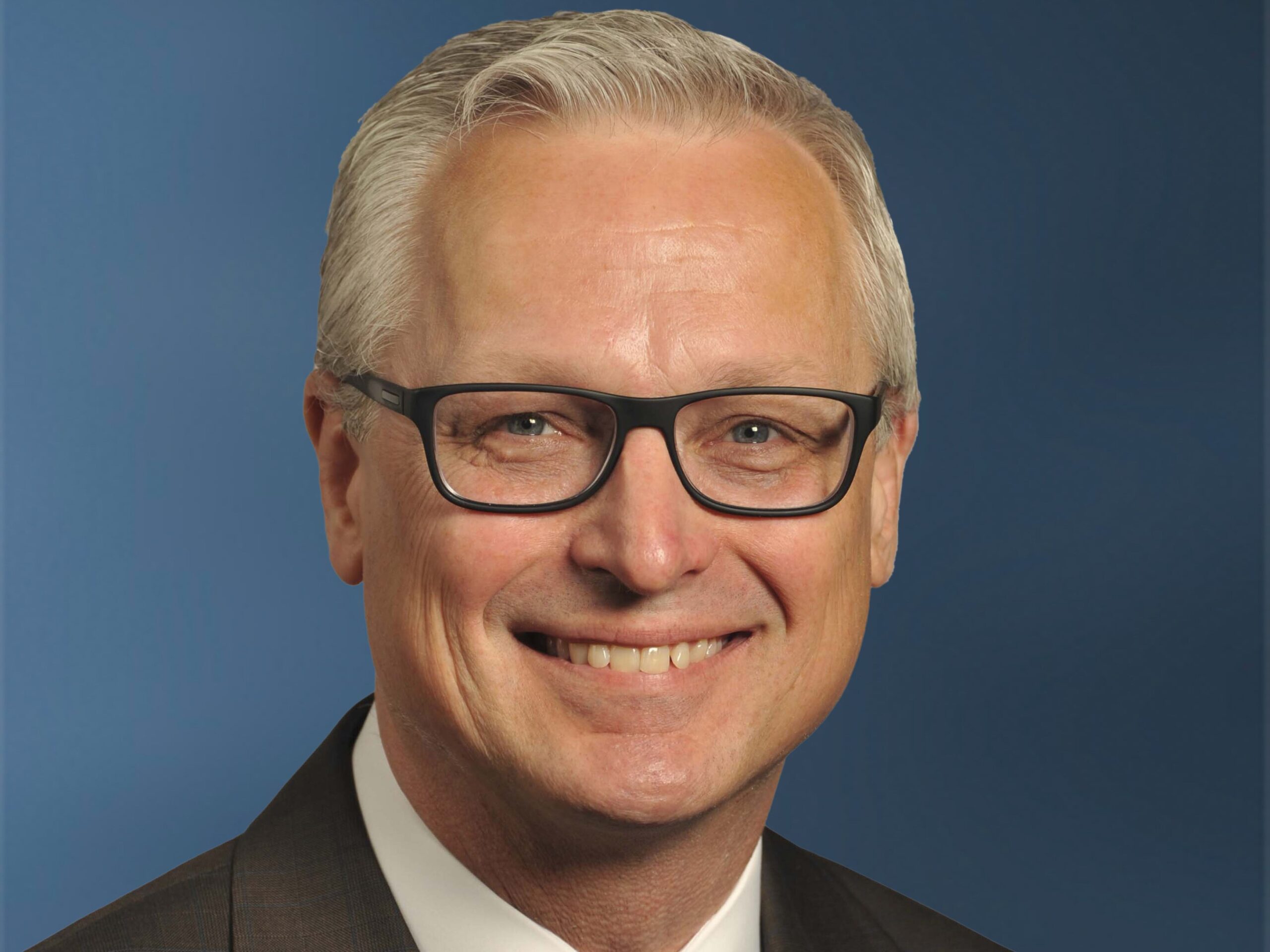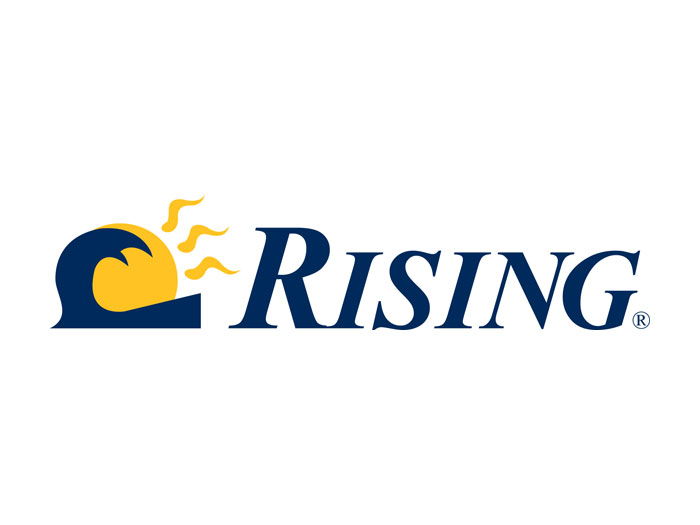Trump Accused of Lying to Insurers. But What Does That Even Mean?

In three days of “bombshell testimony” before Congress, former lawyer Michael Cohen responded to expected lines of questioning about Russia, hush money and more. But he also appears to have sown the seeds of doubt across other areas, including suggestions that the president and the Trump Organization may have engaged in bank and tax fraud, as well as insurance fraud.
Rep. William Lacy Clay (D-Mo.) asked Cohen about the president’s personal financial statements from 2011, 2012 and 2013, which Cohen had submitted to the committee for review. Cohen had originally given the documents to Deutsche Bank while Trump was considering taking a loan to buy the Buffalo Bills.
Clay: Can you explain why you had financial statements and what you used them for?
Cohen: These statements were used by me for two purposes. One was discussing with media, whether it was “Forbes” or other magazines, to demonstrate Mr. Trump’s significant net worth.
That was one function. Another was, when we were dealing later on with insurance companies, we would provide them with these copies, so that they would understand that the premium, which is based sometimes upon the individual’s capabilities to pay, would be reduced.
Rep. Alexandria Ocasio-Cortez (D-N.Y.) picked up where Clay left off, leaving the door open for further questioning and investigation of the Trump Organization’s insurance contracts and financial documents.
Ocasio-Cortez: I want to ask a little bit about your conversation with my colleague from Missouri about asset inflation. To your knowledge, did the president ever provide inflated assets to an insurance company?
Cohen: Yes.
Ocasio-Cortez: Who else knows that the president did this?
Cohen: [Trump Organization’s CFO] Allen Weisselberg, [Trump Organization executives] Ron Lieberman, and Matthew Calamari.
Insurance Fraud? Too Soon to Speculate
No telling how long these lines of questioning will remain open, and what they will reveal. At this point, no details are available on which line of business might have been under discussion, or even whether it was a commercial line or a personal line. Cohen’s rationale for why Trump allegedly misled insurers is in need of further clarification, and plenty of it.
“I think by and large, policyholders don’t misrepresent their values – these things are sometimes hard to ascertain with any certainty,” said attorney Dennis Artese, shareholder with Anderson Kill P.C. in New York. “Some of these companies can have very large portfolios of hundreds of properties.”
One obvious question is why a policyholder would inflate assets for insurance purposes, when deflation of assets is a far more common scenario for insurance buyers attempting to lower liability insurance premiums, and property insurance generally will not pay more than is actually required to rebuild or replace the damaged property with like kind and quality.
VIDEO: Rep. Alexandria Ocasio-Cortez (D-N.Y.) questions Michael Cohen about irregularities in President Trump’s bank, tax and insurance transactions. Source: Washington Post
“I just don’t see how that would really help you. If it was an agreed-value property policy, it could potentially incentivize the policyholder to overstate the value, but … they’re paying a premium on that overstated value. So unless the policyholder was intent on committing insurance fraud – say sinking his/her own boat that is insured for an inflated, agreed value –it generally would not behoove the policyholder to intentionally misrepresent the value.”
But of course, Trump has also been accused of devaluing assets, such as a golf course in New York, in order to duck property taxes.
Insurers have safeguards in place to control their exposure. And obviously they’re not prone to simply taking policyholders’ statements at face value. Noted Artese: “Let’s say I want to insure a 30-year-old, 17 ft. boat for an agreed value of a million dollars – they’re not going to do that. There is a market for that item they can use to verify the value.”
While he has never seen it in his own practice, Artese suggested that business interruption claims could potentially be subject to issues of inflated value.
“If the policyholder was to provide false financial statements and other information inflating the historical performance of the business, that could have the effect of inflating its projected lost profits during the period of recovery.”
For now, it seems likely that the misrepresentation under discussion is limited to false statements about Trump’s creditworthiness, rather than about the value of a specific insured asset. Further congressional investigation may unearth clearer answers.
Of course, willful misrepresentation to an insurance company is a practice fraught with risk. In addition to potential criminal penalties for insurance fraud, Artese points out that, “subject to certain limitations and exceptions, misrepresentation or concealment of material facts in the process of applying for insurance could lead to rescission of the policy. The insurance company would have to refund the premium but wouldn’t have to cover the loss.” &








